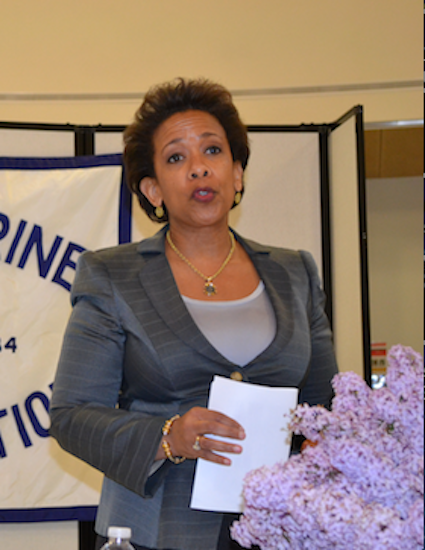U.S., New York State announce agreement to filter NYC water supply

The Brooklyn Daily Eagle has learned that the United States and New York state have reached agreement with New York City to modify the Consent Decree entered in November 1998, which required the city to construct a filtration plant for its Croton drinking water supply. Under the Third Supplement to the Consent Decree, lodged Friday in U.S. District Court in Brooklyn, the city completed construction of the filtration plant on April 15, 2014, and will commence operation of the filtration plant at its selected site, the Mosholu Golf Course Site in the Bronx, no later than May 17, 2015.
If the city fails to meet the May 17, 2015, deadline, the Consent Decree provides for stipulated penalties in the amount of $65 million. Under the Consent Decree, the city is required to conduct interim measures, including monitoring the quality and safety of the Croton System and implementing watershed protection measures.
The need for this modification arose when the city failed to meet certain deadlines under the Second Supplement to the Consent Decree, including completion of construction. The city has paid $5,064,000 in penalties to date for missed deadlines associated with the delays in the project schedule.
